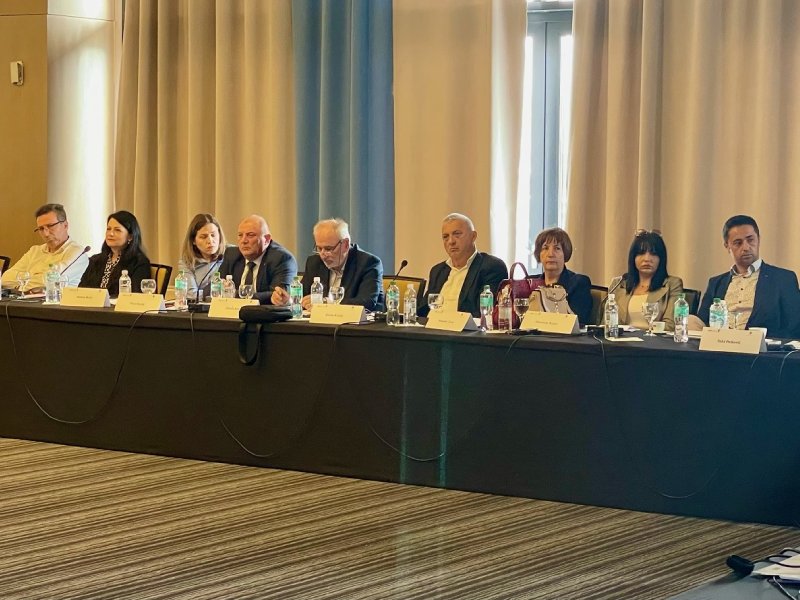A large group of judges and prosecutors participated in the workshop “Sentencing Policy on Organized Crime and Corruption Cases: Domestic and Regional Normative Models and Case Law“ along with the experts Hajrija Sijerčić-Čolić, Emeritus Professor of Criminal Procedural Law, and Hilmo Vučinić, Judge and President of the Appellate Department of the Court of BiH. In line with Key Priority 7 listed in the EU Opinion and Analytical Report on BiH dating from 2020, Bosnia and Herzegovina, during the EU accession negotiations, must enhance and put in place systemic anti-corruption measures and create a more just and fair society. In this process, the role of the judiciary institutions across the country is unreplaceable.
“Despite progress, prosecution and conviction rates for organized crime and corruption cases remain inadequate. This inadequacy is partly due to the ineffective work of law enforcement and the judiciary, but also because the current sentencing policy is not sufficiently effective, dissuasive, and proportionate. Plea bargain agreements are frequent, and sanctions are lenient because of the excessive application of mitigating circumstances without sufficient justification, with prison sentences often suspended or even converted into fines with little dissuasive effect,” stated the EU Delegation in BiH representative, Enrico Visentin.
According to the European Commission 2023 Report on BiH, the “poor functioning of the judicial system continued to undermine citizens’ enjoyment of rights and the fight against corruption and organized crime.” It was noted that “although there were some indictments pertaining to high-level corruption, the overall track record on preventing and repressing corruption remains insignificant due to operational inefficiency and political interference.” Therefore, the workshop covered consideration of practical sentencing policy factors structured according to standards of prosecutorial investigation and plea barging.
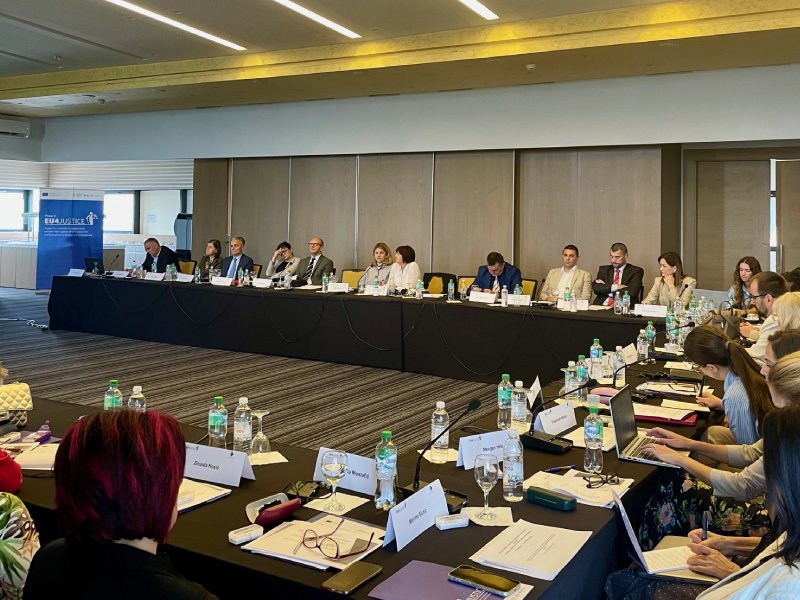
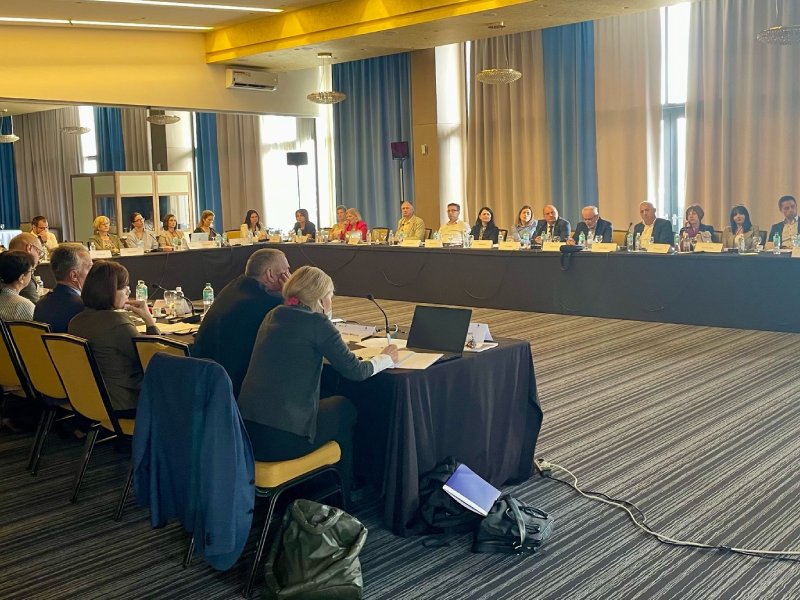
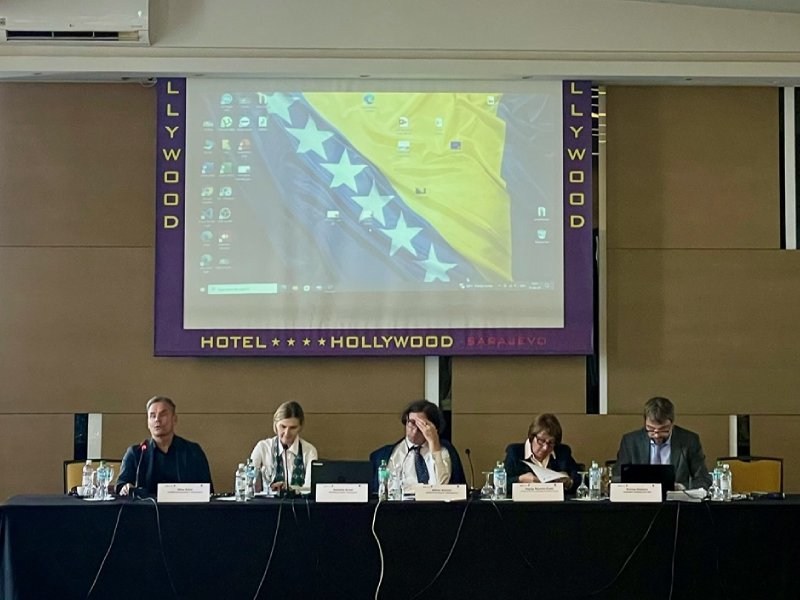
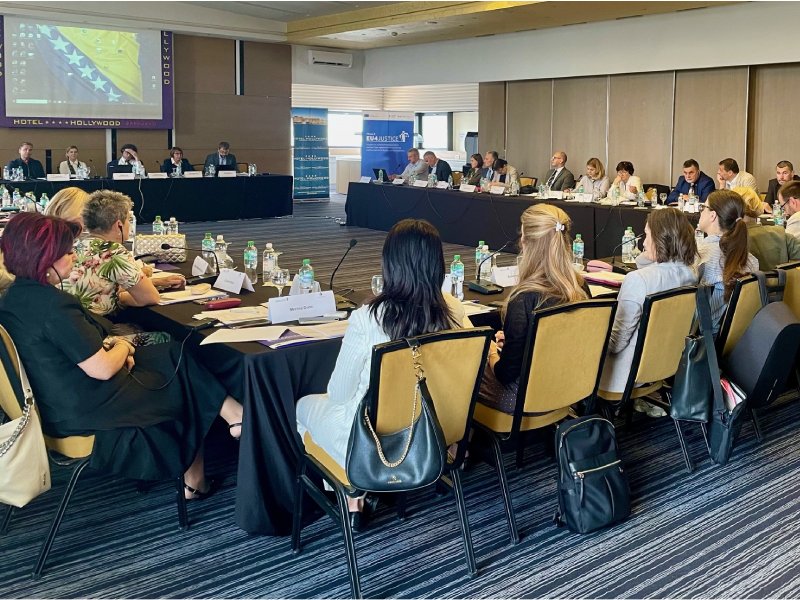
“Adequate sentencing policy in organized crime and corruption cases is essential for BiH’s EU accession process. By aligning its judicial practices with EU standards, enhancing judicial independence, and ensuring consistency and transparency in sentencing, BiH can make significant strides in addressing these serious crimes and advancing its path towards EU membership,“ said Mika Aalto, EU4Justice Component 4 Leader and Finnish prosecutor.
The Report on Functionality of the Prosecutor’s Office of BiH for 2023 notes that police agencies throughout BiH have not reported a single case of high-level corruption or organized crime. This stands as a long-term problem pertaining to the dysfunctionality of PO’s in the LEA’s criminal chain, despite the fact that PO’s are obliged to lead a proactive investigation in discovering crimes and perpetrators.
“The exchange of different judicial and prosecutorial practices and experiences is valuable in determining the very best normative-practical approaches. Priority processing of high-level crime, harmonized and consistent case law practice throughout BiH judiciary, reflecting the highest standards of sentencing policy, can only be achieved by synergistic and guided actions of the judicial system,” said Feđa Fejzagić, Prosecutor of the Prosecutors Office of BiH.
The workshop was held within the project EU4Justice Phase II, funded by the European Union.

